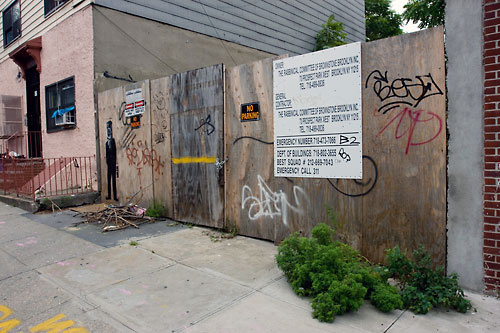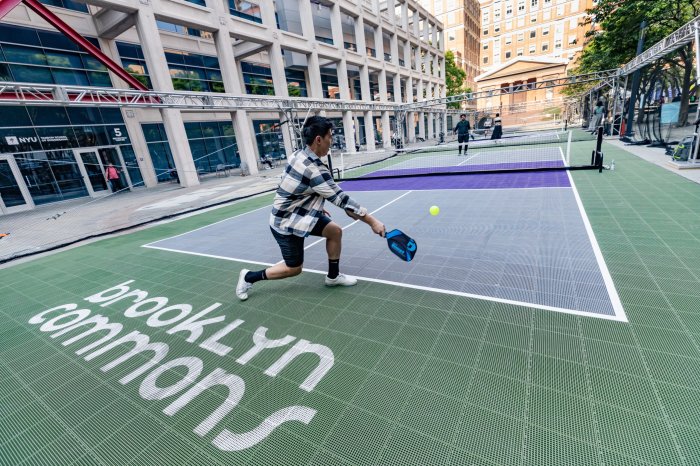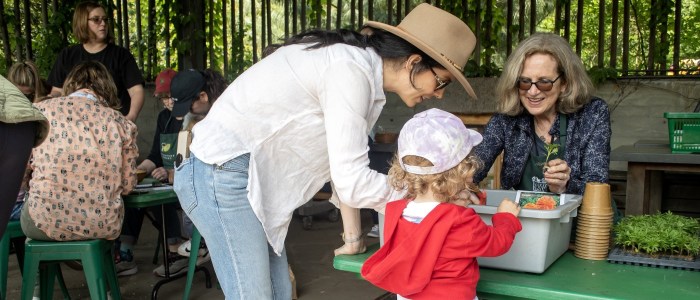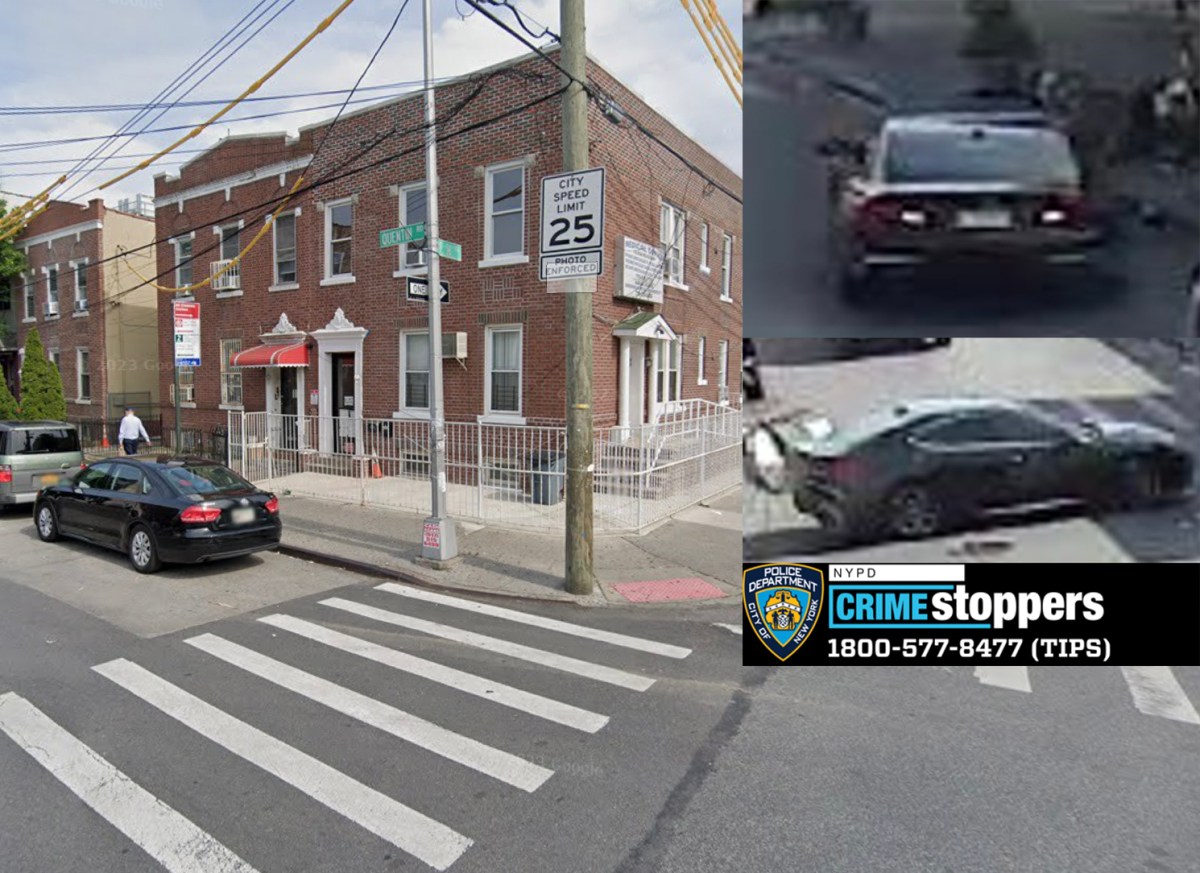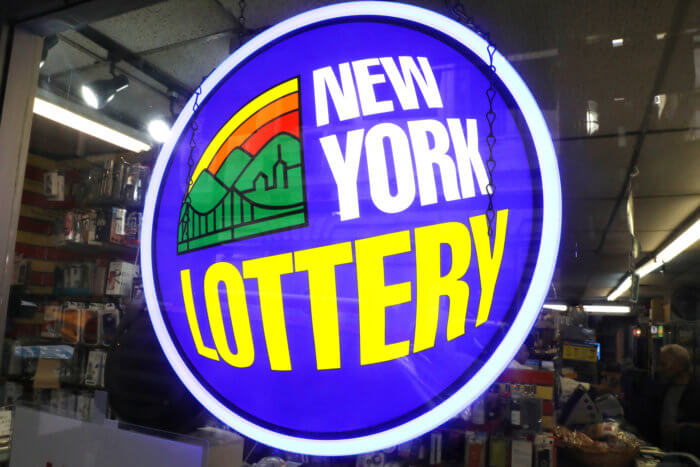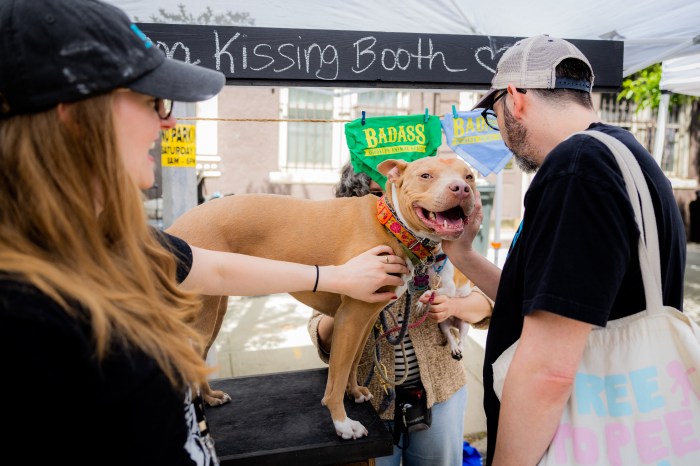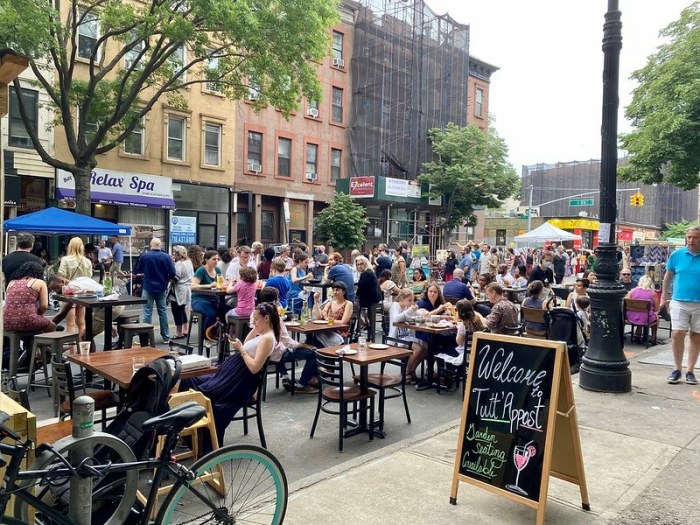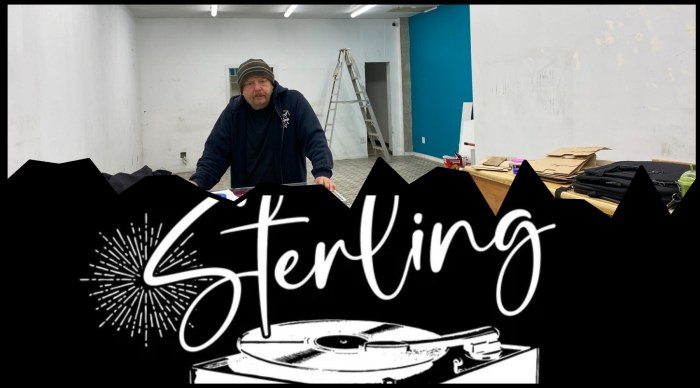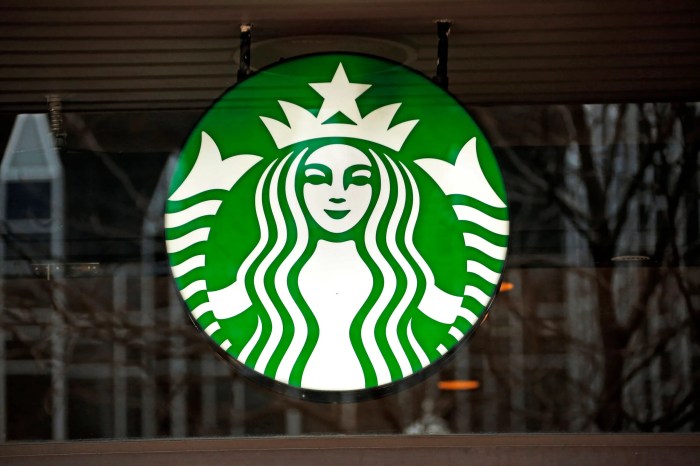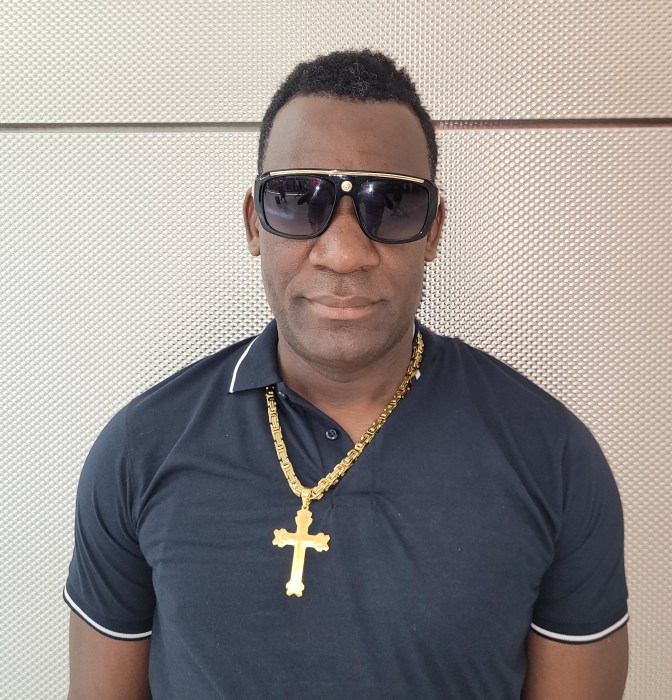A Park Slope building designed to house a Jewish ritual bath — a mikvah — faces revocation of its construction permit after the Buildings Department challenged the sponsor’s plans to have hotel units and a conference center on site.
The news comes after some neighbors of the building, on 15th Street between Sixth and Seventh avenues, told the city they feared it would generate traffic and parking congestion.
“This is a residential street and we already have a lot of problems with parking, and we have constant buses and delivery trucks,” said Kathryn Roake, a 20-year-resident of 15th Street, who organized a community meeting last Wednesday night.
The three-story structure, to be built by Chabad of Brownstone Brooklyn, is slated to have separate mikvah facilities for men and women on the first floor and in the basement — plus a conference room and two apartments that would be rented for short periods to observant Jews visiting the neighborhood.
The developer has said that the apartments were designed for overnight stays by people visiting relatives at nearby New York Methodist Hospital.
Although the plans approved earlier included the conference room and apartments, those facilities are now under review, said Buildings spokeswoman Carly Sullivan.
The department says the design violates the zoning and must be addressed within 15 days, or the permit would be revoked.
“We’ve raised objections to the use of the second and third floor,” she said. “The use … was not considered a ‘not-for-profit institution with sleeping accommodations,’ ” which would normally be permitted in a residential zone for religious institutions.
Sullivan declined to provide further details of the city’s objections.
Rabbi Shimon Hecht, who is both the head of Chabad of Brownstone Brooklyn and spiritual leader of Congregation B’nai Jacob on Ninth Street, declined to comment.
Observant Jews view the ritual monthly bathing by women as one of the most important tenets of Judaism, above even going to synagogue services or owning a Torah scroll. Some Orthodox men use the mikvah more frequently, in some cases daily.
Mikvahs in other neighborhoods are not as controversial. In Brooklyn Heights, neighbors rarely — if ever — complain about traffic, said Community Board 2 District Manager Rob Parris.


